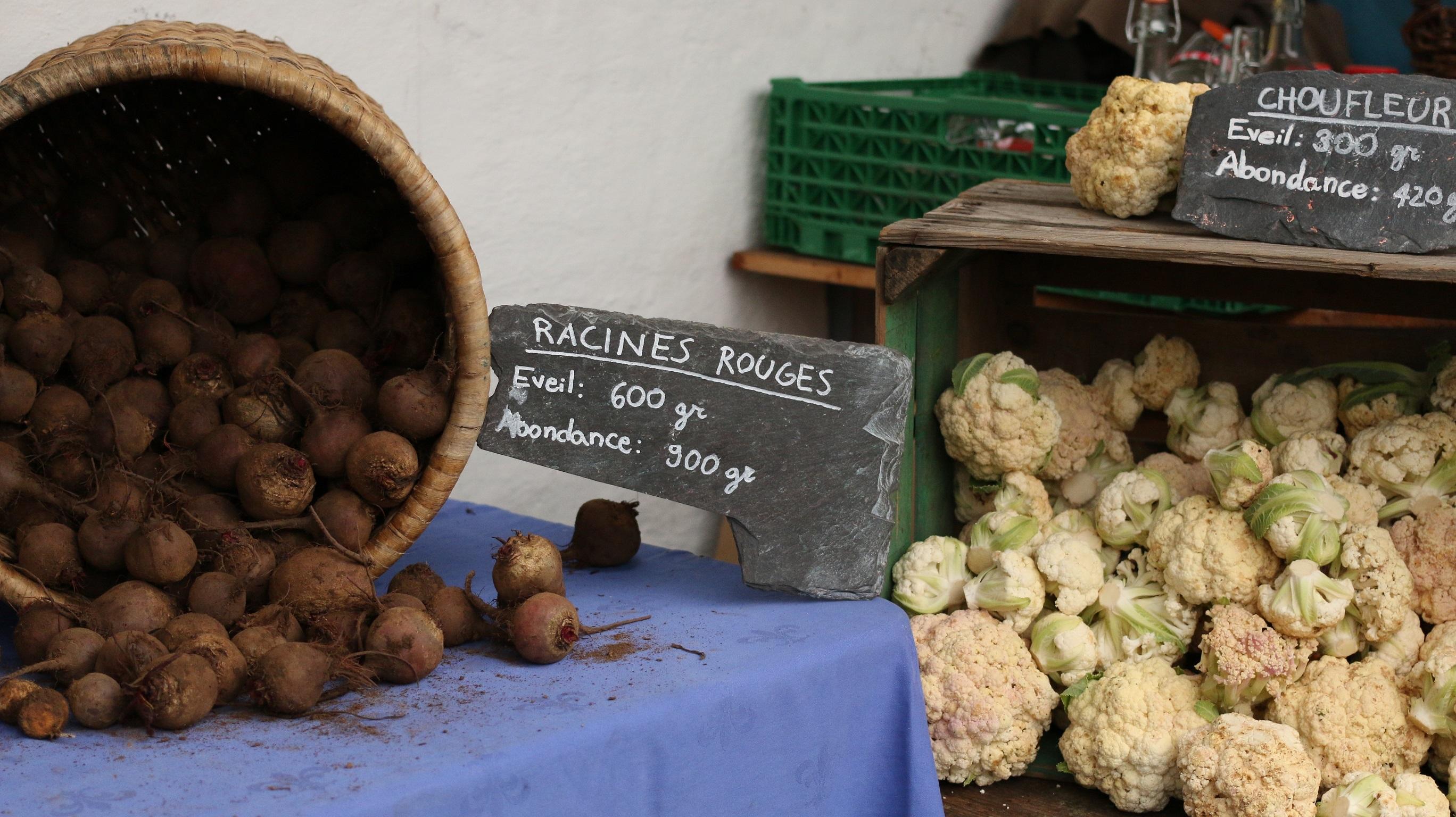Using utopias to learn more about current food systems

On 7 June 2017, the University of Neuchâtel's Anthropology Institute is holding a conference on food utopias.
Organic farming, urban gardens, permaculture and citizen consumers – various movements promoting more sustainable food systems are springing up around the world.
This event on food systems will feature seven research projects and a photographic exhibition. Three of these projects form part of NRP 69. Julien Vuilleumier, a PhD student at the University of Neuchâtel and the event organiser, introduces this free conference, which is open to the general public.
Your conference is entitled “Food utopias in Switzerland”. Can you tell us a little more about these utopias?
Julien Vuilleumier: The term relates to a book by Stock, Carolan and Rosin. The authors don’t refer to utopias in the conventional sense; they see them as an analysis tool. For them, food utopias serve to critically examine the current food system, investigate social and alternative movements and identify implementation options in the future.
Various people will be speaking at the conference. Who have you invited?
Paul Stock from the University of Kansas, who co-edited the book on food utopias, will be starting off the proceedings. His presentation on food utopias will set the scene for the conference. Together with various researchers, we will then be introducing some Swiss case studies, critically analysing them and providing examples of specific initiatives.
Each of the three panels will hold two or three presentations, followed by open discussions. Our aim is to encourage the dialogue between researchers and practitioners. First of all, we’ll be discussing of urban agriculture, with the examples of Basel and Geneva. Then we’ll be looking at the relationship between producers and consumers. Finally, we’ll be examining the possible meanings of production and consumption, with contributions on permaculture, citizen consumers and dietary prescriptions.
Two of the presentations will be held by researchers who, like you, are involved in NRP 69. How did this collaboration arise?
We got talking during an NRP 69 meeting and discovered our projects shared common themes and challenges. It’s interesting to compare the citizen consumer analysed by the project group led by Professor Jean-Philippe Leresche with the consumer of products from local contract farming. We also feel it’s important to involve a project from the second research phase of NRP 69. We are keeping in regular touch with the group led by Professor Suren Erkman regarding eating habits.
Your project deals with local contract farming. What results have you achieved?
With our approach, we wanted to find out how small alternative networks, such as organic food baskets, can change food systems. We noticed that these movements led to new forms of dialogue between producers and consumers. Local contract farming also retains customers longer than other sectors. Finally, these networks help consumers to develop their expertise and knowledge.
